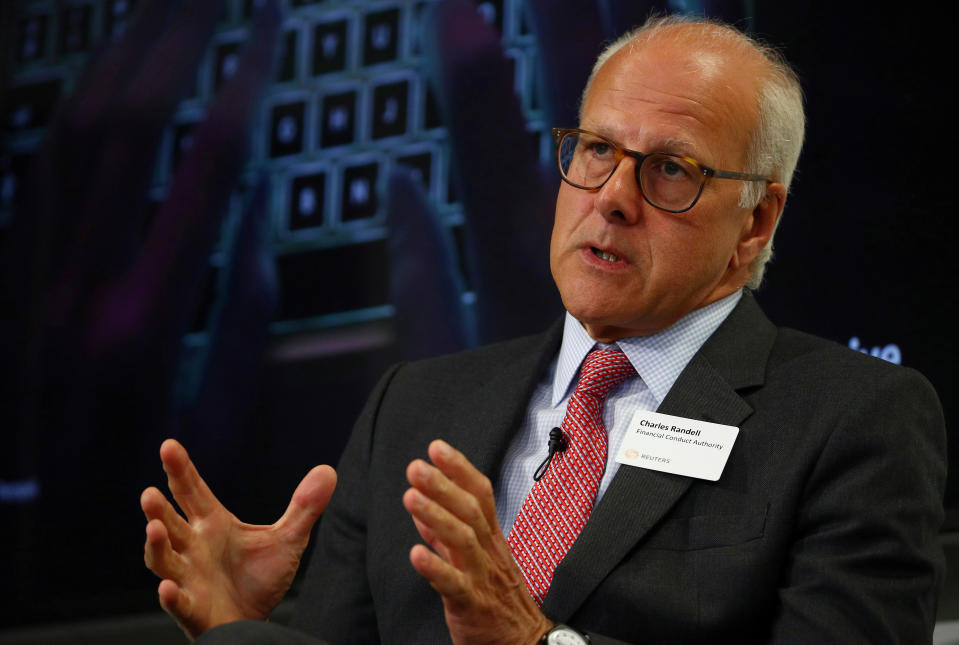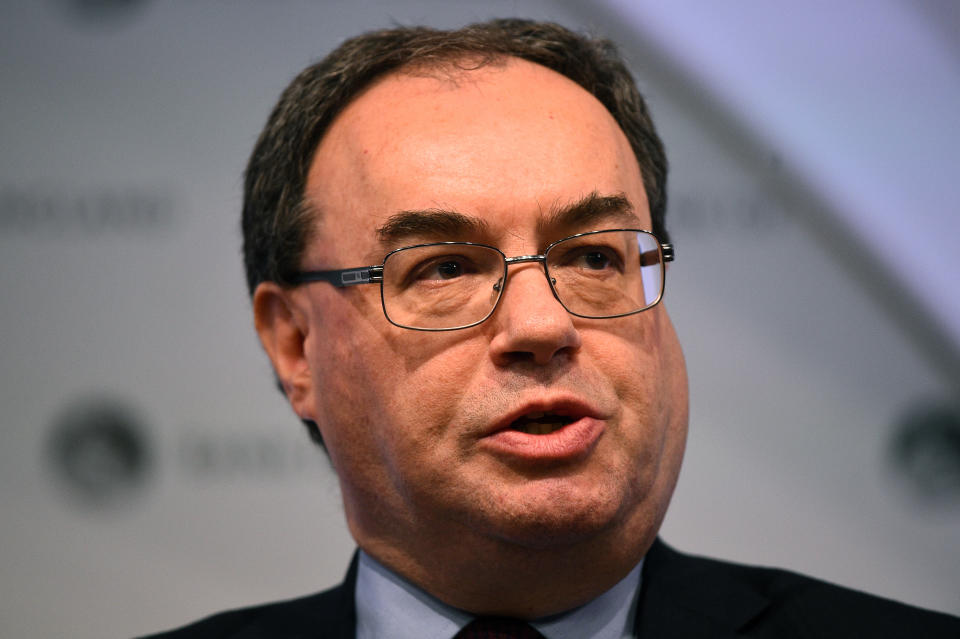'Perfect storm' blamed for scandals like London Capital Finance

A “perfect storm” means more and more Brits are at risk of losing their money or running into financial trouble with unsuitable investments, according to a top financial regulator.
Charles Randell, the chair of the Financial Conduct Authority (FCA), said on Tuesday that pensions de-regulation, low interest rates, and the rise of social media have left consumers vulnerable to fraudsters or high-risk investments that aren’t appropriate.
“A combination of the yield environment, the pension freedoms, and a whole load of other things means that people are now in a position where they can take a bunch of high risk investments,” Randell warned MPs on Tuesday.
London Capital Finance scandal
The comments came as he defended the FCA’s handling of the collapse of London Capital Finance.
London Capital Finance raised £236m selling high-risk mini-bonds it marketed as Fixed Rate ISAs online. The company collapsed in January, leaving thousands of investors out of pocket and some people’s life savings wiped out. Many London Capital Finance investors were “first-time investors — inheritance recipients, small business owners, or newly retired,” according to the BBC.
Earlier this year, the FCA and the Treasury announced an independent inquiry into London Capital Finance’s collapse. The Serious Fraud Office is also investigating and has made five arrests related to the case.
De-regulation creates risk
Scottish National Party MP Alison Thewliss quizzed Randell over the FCA’s handling of the case when he appeared before the Treasury Select Committee in parliament on Tuesday.
Randell defended the FCA’s record, arguing the scandal was a symptom of recent de-regulation rather than a failing by the regulator.
In 2015, then-chancellor George Osborne announced sweeping overhauls to pension regulation that meant anyone over the age of 55 could take their entire pension as a lump sum payment, rather than buying a product that would give them a guaranteed income over time.
READ MORE: Star fund manager Neil Woodford 'sailed close to the wind'
As a result, Brits are increasingly being asked to take responsibility for “quite complex and sometimes very high risk” financial decisions, Randell said.
De-regulation had contributed to “internet-enabled fraud by smaller firms targeting people who have for the first time been given responsibility for investment decisions related to their retirement,” he added.
“It is not clear to consumers where they leave protection and where they remain within it,” Randell said. “We have too many hinterlands. This has got to stop. It attracts bad people who want to exploit that grey area.”
‘Easier to make a mistake’

Andrew Bailey, the CEO of the FCA, appeared alongside Randell in front of the committee. He reiterated Randell’s argument that de-regulation was to blame.
“We have transferred as a society far more of that responsibility to individuals,” Bailey said. “We’ve moved into a system where far more of the responsibility for long term savings is with individuals — pension freedoms being a prime example.”
The pensions de-regulation came despite a persistent and growing advice gap in the UK, which means financial advice is unaffordable to a huge number of Brits.
Financial advice is vital as England and Northern Ireland have the worst levels of financial literacy of major developed countries, according to a 2018 study by the UCL Institute of Education and University of Cambridge. Professor John Jerrim, coauthor of the working paper, warned at the time, "England is facing a crisis in terms of adults' financial literacy skills.”
The “pensions freedom” changes have also coincided with a longer-term decline in generous private sector pensions, which has left people needing to find pension income elsewhere.
Martin Lewis, one of Britain’s most prominent financial commentators, wrote at the time of the de-regulation, “For those who know what they're doing it's great, but it also means it's easier to make a mistake.”
————
Oscar Williams-Grut covers banking, fintech, and finance for Yahoo Finance UK. Follow him on Twitter at @OscarWGrut.
Read more:

 Yahoo Finance
Yahoo Finance 